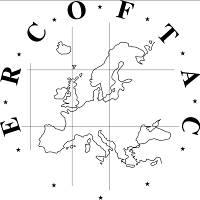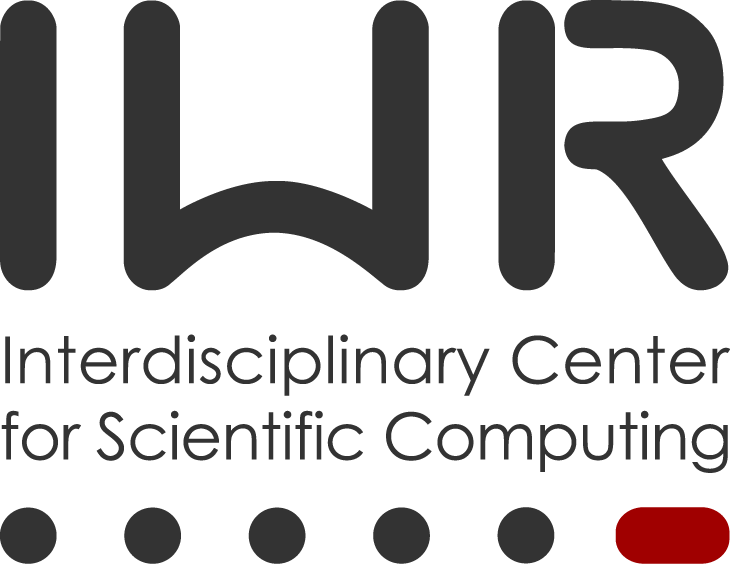3rd Workshop on Measurement and Computation of Turbulent Spray Combustion (TCS3)
September 2, 2012, 10-17 h, Rottmannsaal, Heidelberg-Handschuhsheim, Germany
Background
The general aim of the workshops on turbulent combustion of sprays is to be a meeting of researchers actively involved in experimental and numerical studies of turbulent spray combustion. The meeting aims at stimulating discussion between experimentalists and modelers and between experts and young researchers. This is made possible through a poster session and through comparative studies of benchmark test cases.
The basic philosophy is collaboration, not competition, with focus on problems encountered. An important aspect of the TCS workshops is focus on assessment of state-of-the-art and on initiation of future collaboration in experimental as well as computational techniques in spray combustion.
This type of collaboration on turbulent spray combustion research has started at the first and the second workhop (TCS2) on turbulent combustion of sprays that were held in Porticcio (Corsica) in 2009, and Chia Laguna (Sardinia) in 2011.
In the frame of the forthcoming TCS3 workshop in Heidelberg, a comparative study will be made of numerical simulations of a number of target test cases. These test cases have been selected from the databases created by Assaad Masri's combustion group at University Sydney. Researchers working on modeling of turbulent spray combustion are invited to perform simulations of three non-reacting acetone sprays and three ethanol spray flames and submit their results for presentation at the workshop.
Extensive information on the burner design, the boundary conditions and the measured data can be found at the web page. For access information, please contact Assaad Masri. Important characteristics of the burner are the use of a steady mass flow rate for carrier gas (air) and fuel, the use of a nebuliser to create a well-defined droplet stream, and the use of a pilot flame. The focus on regime with steady flow rate makes the test cases of the TCS workshop qualitatively different from the testcase of the Engine Combustion Network (ECN) workshops.
The selected non-reacting spray experiments from the above mentioned data base are labeled SP06, SP02, SP07 and the selected reacting sprays are labeled Et06, Et02 and Et07. The selected cases differ in mass flow rate of either air or fuel, allowing to see the effects of changes in the interactions between turbulence and evaporation, and turbulence and reaction. Instructions for contributors to the comparative study will be included soon.
Call for Contributions on Target FlamesGroups who wish to participate in modeling target flames, please see the following information.
Program
The program consists of
- an invited lecture giving an overview of recent developments and/or insight in the relative performance of important submodels (evaporation, kinetics)
- a presentation of the characteristics of the selected testcases and of the results obtained by the participants in the comparative study
- extensive discussion
- a poster session
Proceedings
The proceedings of the first workshop have been published in book form:
"Experiments and Numerical Simulations of Diluted Spray Turbulent Combustion", Edited by Bart Merci, Dirk Roekaerts and Amsini Sadiki, Springer, 2011.
It is foreseen that selected contributions from TCS2 and TCS3 will be combined in another proceedings volume.
Organisation
The workshop is co-organized by ERCOFTAC special interest group 28 "Reactive Flows", the research group "Multiphase Flows and Combustion" at IWR, Heidelberg University, SFB 568 TU Darmstadt and
the Belgian Section of the Combustion Institute.
Registration
Workshop registration is available together with the registration for ICLASS 2012. If you wish to register for TCS3 only, please contact the ICLASS 2012 organizers.
Organising Committee
Prof. Eva Gutheil (Heidelberg University, Germany)
Prof. Patrick Jenny (ETH Zurich, Switzerland)
Prof. Assaad Masri (University of Sydney, Australia)
Prof. Epaminondas Mastorakos (Cambridge University, UK)
Prof. Bart Merci (Ghent University, Belgium)
Prof. Venkat Raman (University of Austin, Texas, USA)
Prof. Dirk Roekaerts (Delft University of Technology, The Netherlands)
Prof. Amsini Sadiki (Darmstadt University of Technology, Germany)



